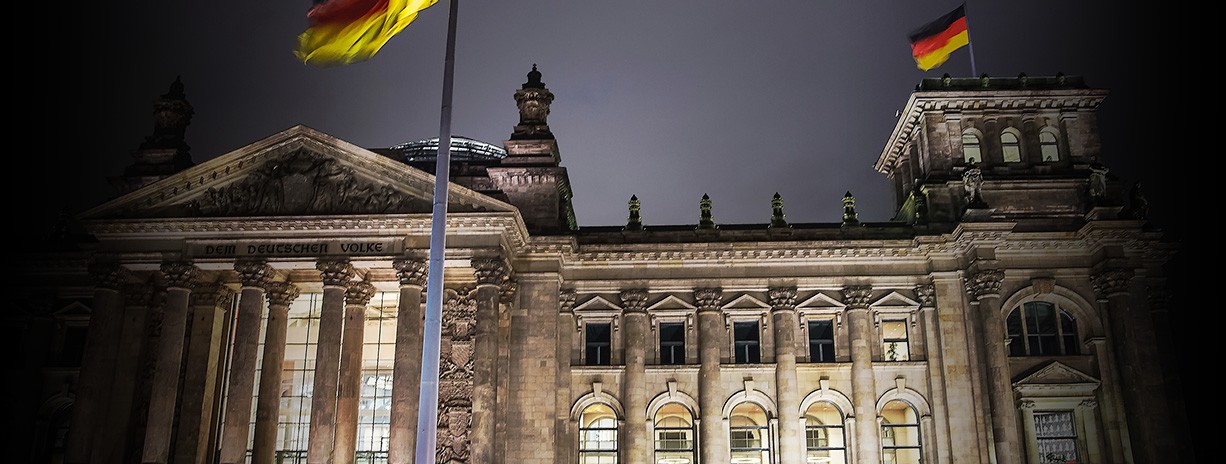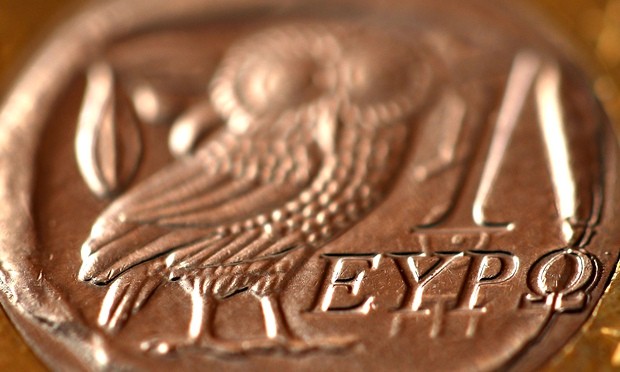A few thoughts about the euro crisis and the psychology of change
Post on: 22 Апрель, 2015 No Comment

by Edward Harrison / on 8 June 2010 at 13:40 /
When was the last time an unsustainable economic situation was solved without a crisis?  Seriously, thats a question. I cant think of one.  The way I see it, politicians are always focused on the short-term and that invariably means kicking the gas can down the road until it catches fire and you have to call in the fire department.
Heres the problem in Europe .  The euro has acted as an internal gold standard to euro zone members in that it prevents governments from printing money and devaluing to escape economic hardship and it ensures that large fiscal imbalances cannot be sustained and eventually lead to crisis. Now, the Europeans got themselves into the euro for just this reason – to create a more unified common market without governments free riding and weakening the currency.
As a result, over the past ten years, the financial and trade relationships in Euroland have become deeply intertwined. German banks operate in the Spanish mortgage market. French banks lend to the Greek sovereign. And Italian banks now own large parts of the German mortgage market. Of course, these ties go beyond the Eurozone to the UK, Sweden, Denmark, and Switzerland and well into eastern Europe too but its the euro zone with its restrictions on fiscal and monetary crisis where crisis has appeared first.
The fly in the ointment, of course, has been that the Europeans really didnt think through how the psychology of change guarantees crisis. And, therefore, they never created institutional structures to deal with these problems from the outset.
If something works, people keep doing it.  The repetition creates a sense of complacency such that when people are confronted with the initial need to change, they resist. That means people dont change unless they are forced to do so, making crisis inevitable.  And so it is in the Eurozone.
But now that it has gone pear-shaped, the EU has repeatedly tried to get through this crisis by making little fixes and tweaks without addressing the fundamental problems of excessive sovereign debt on the one hand and bank undercapitalisation on the other.  They have their heads buried in the sand. Instead, politicians have argued that markets are acting like a speculating pack of wolves and creating crisis where none exists. Look at Jeffrey Sachs comments in the clip I showed you with Hugh Hendry and Gillian Tett. Thats the kind of rhetoric you see. Well, the wolfpack is at the door and they are going to rip the Euro house to shreds unless the bank capitalisation and national solvency issues are addressed without trying to socialize the losses across the entire euro zone.
This is pretty much the view that Pippa Malmgren took when talking to CNBC Europe last week about the European sovereign debt crisis (Hat tip The Pragmatic Capitalist ). Listen to her comments in the video below.

Heres what you should take away from her comments:
- On kicking the can. If youre going to make a bet on the European banking system which is purely based on the idea that policy makers will consistently bail them out, then you have to ask questions about the capacity of policy makers to deliver on that promise.
- On markets as a pack of wolves. That is fine as long as the market doesnt call their bluff Do I think the markets are going to call their bluff? The answer is yeah, because thats what markets do.
- On the psychology of change. The thing is, in markets and politics, you have to have a crisis to get a solution. Thats the way it works. It always works this way.
You might think policy makers are going to move to a meaningful resolution of national solvency and bank undercapitalisation now that contagion has spread to France. Austria and Belgium. Im betting they wont until much, much later .
Edward Harrison is the founder of Credit Writedowns and a former career diplomat, investment banker and technology executive with over twenty years of business experience. He is also a regular economic and financial commentator on BBC World News, CNBC Television, Business News Network, CBC, Fox Television and RT Television. He speaks six languages and reads another five, skills he uses to provide a more global perspective. Edward holds an MBA in Finance from Columbia University and a BA in Economics from Dartmouth College. Edward also writes a premium financial newsletter. Sign up here for a free trial .














